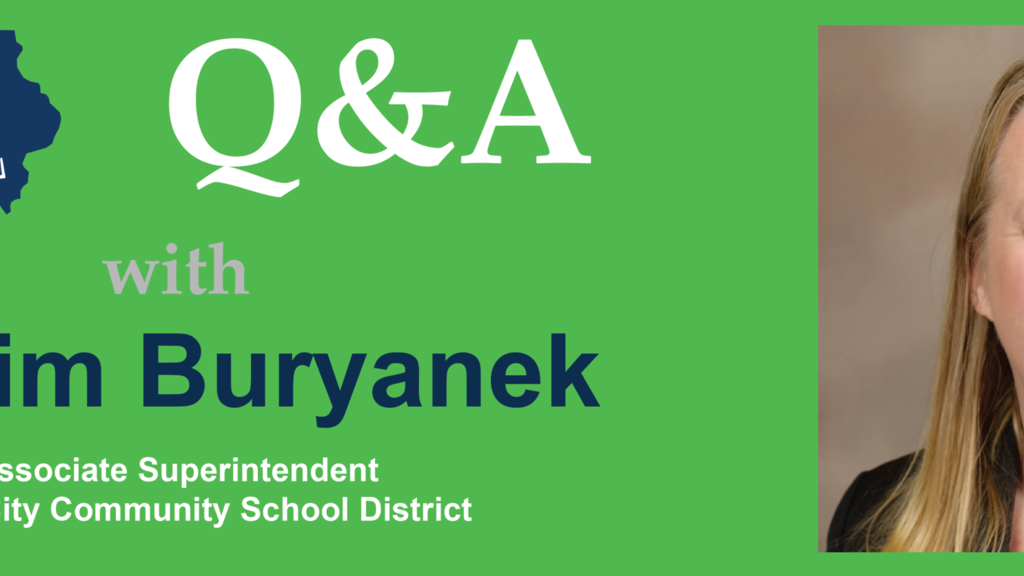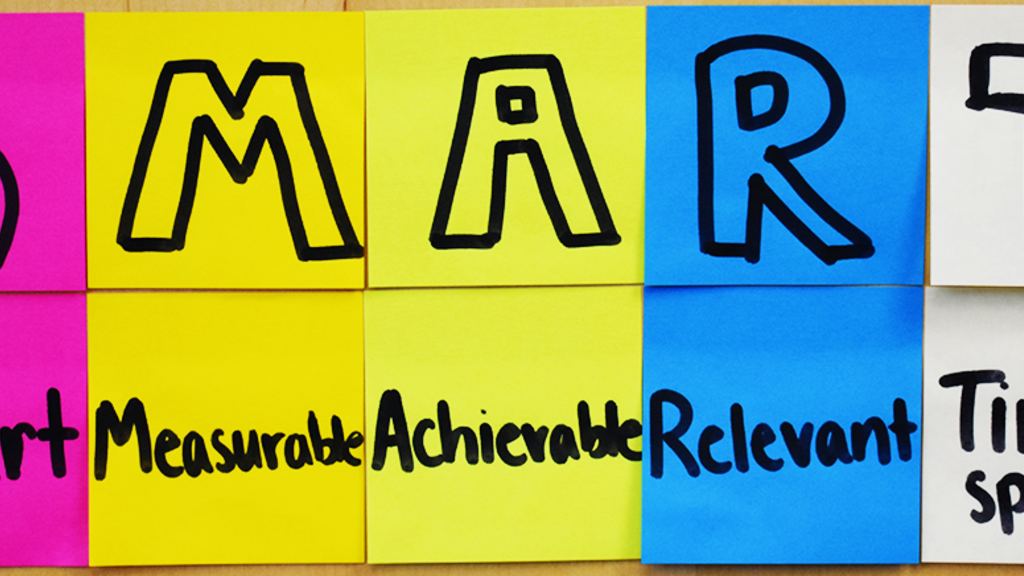Breadcrumb
- Home
- Blog
Blog
Check Out Blogs by Topic!

Attributes of Effective Explicit Vocabulary Instruction
Tuesday, October 31, 2017
Written by
Teaching a word through explicit vocabulary instruction involves multiple steps to ensure deeper student understanding of essential words and increased reading comprehension.

The Importance of Word Choice in Explicit Vocabulary Instruction
Tuesday, October 17, 2017
Written by
Explicit vocabulary instruction should involve thoughtful selection of which words will be taught to ensure word learning is targeted and effective.

Setting Goals, Facilitating Professional Development, and Measuring Success Toward Small-Group, Skills-Based Literacy Instruction Implementation
Tuesday, October 3, 2017
Written by
Small-group, skills-based literacy instruction is at the forefront of goal setting, feedback given to teachers, professional development, and measuring of success for the Sioux City Community School District as described in our second of a two-part blog post series.

Critical Elements of Implementing Small-Group, Skills-Based Instruction
Tuesday, September 19, 2017
Written by
The addition of quality teaching materials and support from the Iowa Reading Research Center led to common beneficial practices used by teachers across schools during implementation of small-group, skills-based literacy instruction at Sioux City Community School District.

Guide Students to Answers According to Question Type: The Question-Answer Relationship
Tuesday, September 5, 2017
Written by
Teaching students to identify the type of question asked about a text using the Question-Answer Relationship strategy helps them formulate answers more easily.

Delivering the Message About Literacy Improvement Efforts: the PROPeL Initiative
Tuesday, August 22, 2017
Written by
Positive, student-focused messaging about a literacy initiative delivered to potential audiences via various mediums can gain support for the initiative from important stakeholders.

Identifying and Avoiding False Information: A Matter of Comprehension in the Classroom
Tuesday, August 8, 2017
Written by
A lack of comprehension and media literacy skills can lead a student to mistakenly use false information found on the web at school. Learn more about the problem and counteracting it with instruction and modeling.

Marketing Literacy Improvement Efforts to Relevant Audiences: the PROPeL Initiative
Tuesday, July 25, 2017
Written by
Marketing and communications plans allow school systems to gain support needed for a successful literacy initiative. We discuss identifying potential audiences for such efforts.

Parent-Child Conversation: More Than Just Idle Chatter
Tuesday, July 11, 2017
Written by
When parents engage in meaningful oral conversations with children in the home, it can have a positive impact on their vocabulary skills and overall reading ability. Our tips can help foster more of these conversations.

A Chore No More: Make Summer Reading Enjoyable With Family-Oriented Approaches
Tuesday, June 20, 2017
Written by
Make summer reading fun and fulfilling for the children in your family and help them maintain their reading skills with these seasonal approaches to reading.

What Makes a Literacy Practice Evidence-Based?
Tuesday, June 6, 2017
Written by
With what level of confidence can you say a given literacy instructional practice may work to help students in your school or district learn to read? It all depends on the available research and evidence for that practice.

Goal Setting and Progress Monitoring to Address a Literacy Issue: The PROPeL Initiative
Tuesday, May 23, 2017
Address a literacy challenge by setting a SMART goal, establishing benchmarks in the journey toward that goal, tracking the entire process using progress monitoring, and modifying instruction when progress monitoring suggests you should.

What Do Students "Lose" in the Summer?
Tuesday, May 9, 2017
Written by
We examine the misunderstanding that over the summer, some students are losing months-worth of what they learned about reading during the school year.

Sentence Expanding: Helping Students Build Stronger Sentences
Tuesday, April 25, 2017
Written by
Sentence expanding helps students write strong, clear, and detailed sentences. Teach students this writing technique through explicit instruction.

Ensuring Focus on the Right Issues to Improve Literacy: the PROPeL Initiative
Tuesday, April 11, 2017
Written by
By conducting a root cause analysis, schools and districts can identify the fundamental reasons for a literacy challenge. Learn the three types of root causes and how to verify you have actually identified the root causes.
Pagination